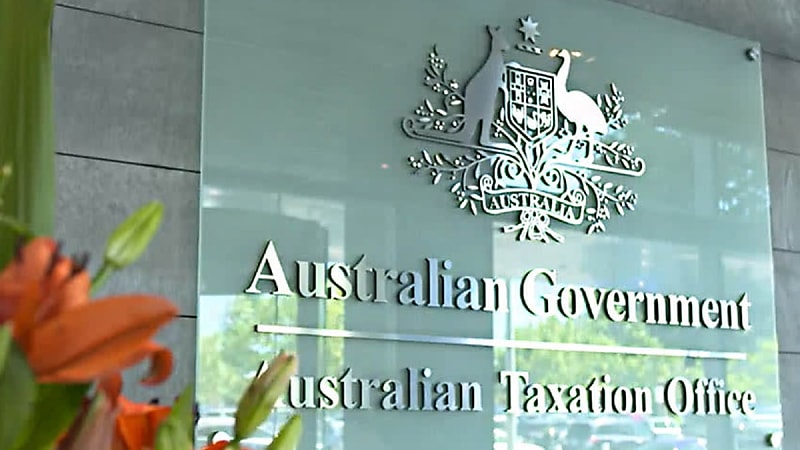Late reporting may cause ‘significant consequences’ after TBC uplift
The ATO has warned trustees that late or retrospective reporting of events could have significant implications for a member’s entitlement to proportional indexation.
With the transfer balance cap set to increase from $1.7 to $1.9 million, the ATO has reminded trustees that late or retrospective reporting can affect an individual’s ability to be able to access proportional indexation of their personal transfer balance cap.
In a recent update, the ATO explained that in order to calculate an individual’s entitlement to indexation, t will identify the highest ever balance in an individual’s transfer balance account.
“We’ll use this information to calculate the proportional increase in their TBC and apply that new personal TBC to their account going forward. This means they’ll have a personal TBC between $1.6 million and $1.9 million,” the Tax Office explained.
The ATO said this calculation will be based on information it has received and processed at close of business 30 June 2023.
“We’ll use and display what we consider the individual’s personal TBC to be. After indexation ATO online services (and Online services for agents) will be the only place an individual who had a transfer balance account prior to indexation will be able to see their personal TBC,” it noted.
“An individual who already had a transfer balance account and at any time met or exceeded their personal TBC will not be entitled to indexation and their personal TBC will remain the same.”
The ATO warned that late or retrospective reporting after indexation could result in significant consequences for an individual.
Where this happens, the ATO said it will reconsider if there was an entitlement to proportional indexation and apply this new information to their account.
The ATO also noted that indexation will create flow-on effects to other parts of the tax and super systems.
“This includes the defined benefit cap which will increase to $118,750,” it stated.








